Finding a quiet space to study on campus proves difficult during the week, but on weekends, it’s nearly impossible to buckle down and get work done. From Saturday to Sunday, Clemson University practically shuts down, leaving few places for students to do their jobs — studying.
As a University, our campus should open its doors wide to foster and support the education of all. There is no one Clemson student; everyone comes from different situations and environments. Whether you live in a noisy dorm, don’t have access to reliable Wi-Fi at home or just need a different location to focus, many of us seek places to study on campus.
During the weekends, however, it is extremely difficult to access study locations, as the majority of academic buildings are closed on the weekend or only open to those in the building’s designated major. The only true buildings dedicated to providing students with study spots and P.O.D. markets for fuel that remain open over the weekend are Brackett Hall and Cooper Library.
Even having access to both these buildings is a relatively new development. At the start of the spring 2025 semester, the library did not open its doors on Sundays until 1 p.m. Students who saved all their work for Sundays were frequently left in a bind, with the only building available to them being Brackett. Thanks to funding approved by the CUSG Student Senate, however, Cooper Library was able to extend its hours to open at 8 a.m. on Sundays.
The fact that this funding had to be secured through the student government and not Clemson itself reveals an issue with supplying building access that persists under the surface.
Without providing adequate access to buildings on campus, Clemson hinders the abilities of all its students to reach their academic potentials. While we might like to assume people can just get work done at home, this blanket statement does not hold true for everyone. Additionally, the point of a university is to provide a full education to its students; by prohibiting access to the vast majority of academic buildings — not only on weekends but even by 8 or 9 p.m. on weekdays — Clemson falls short in a key area.
It wasn’t always like this. In the years before COVID-19, Cooper Library was open 24/7, and buildings, even if they weren’t open all night, stayed open later and did not restrict card access to only its majors. There were more options for studying, and the buildings mirrored the varying circumstances and abilities of each student.
If we cannot understand and meet each student’s need for a safe, accessible, university-provided and supported spot to study, we are not supporting the education of all. Clemson must do better at ensuring that no student falls behind or struggles when the space is there — it’s just locked behind closed doors.
Caroline Block is a senior English major from Mobile, Alabama. Caroline can be reached at [email protected].



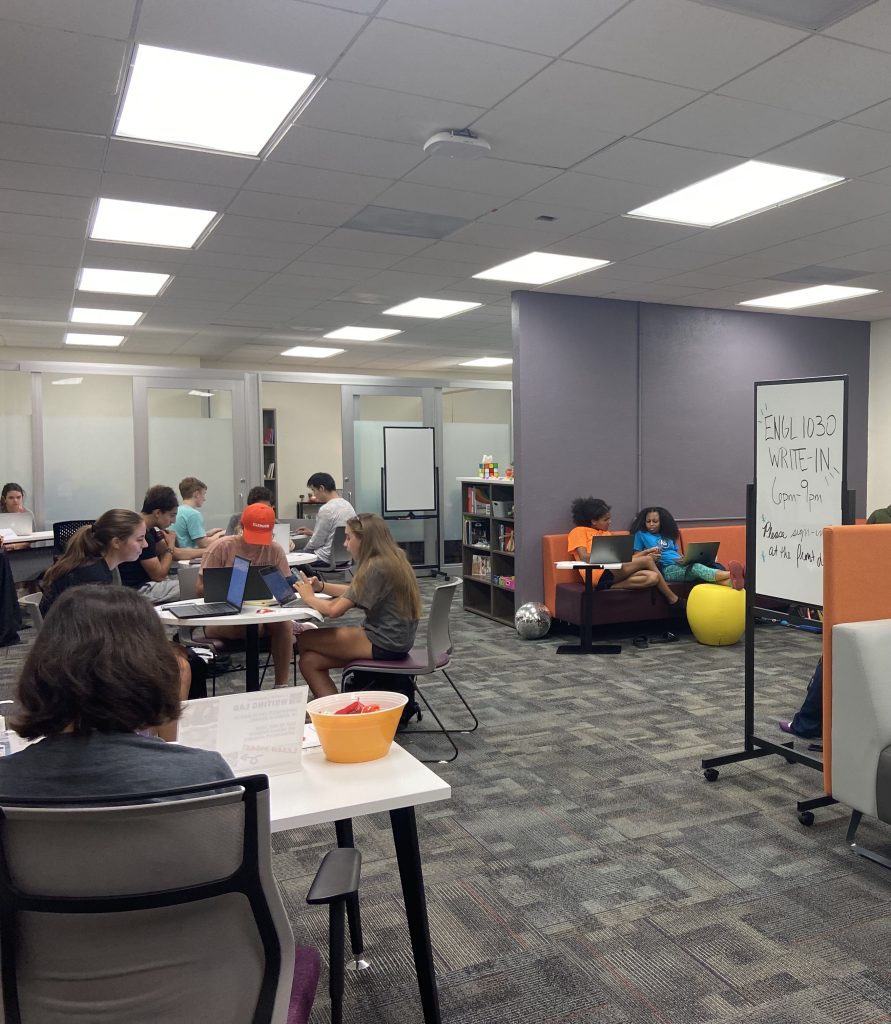
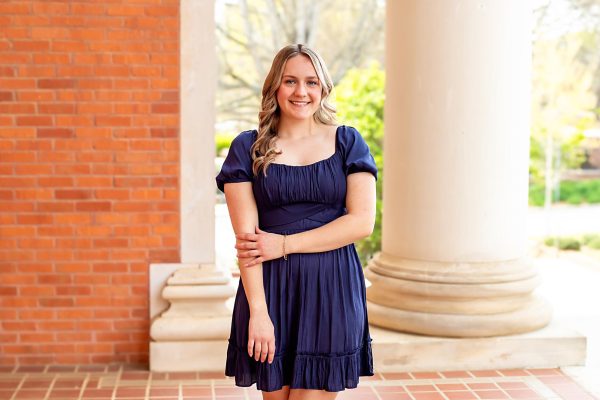




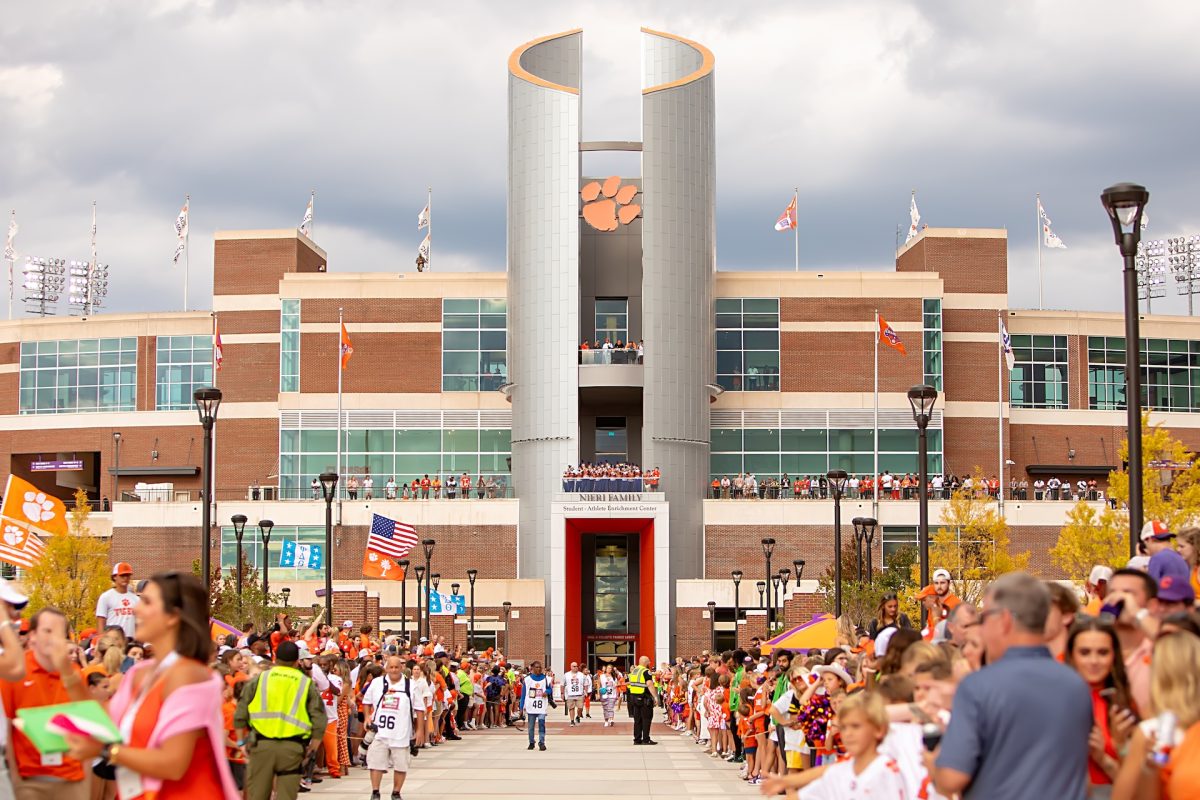
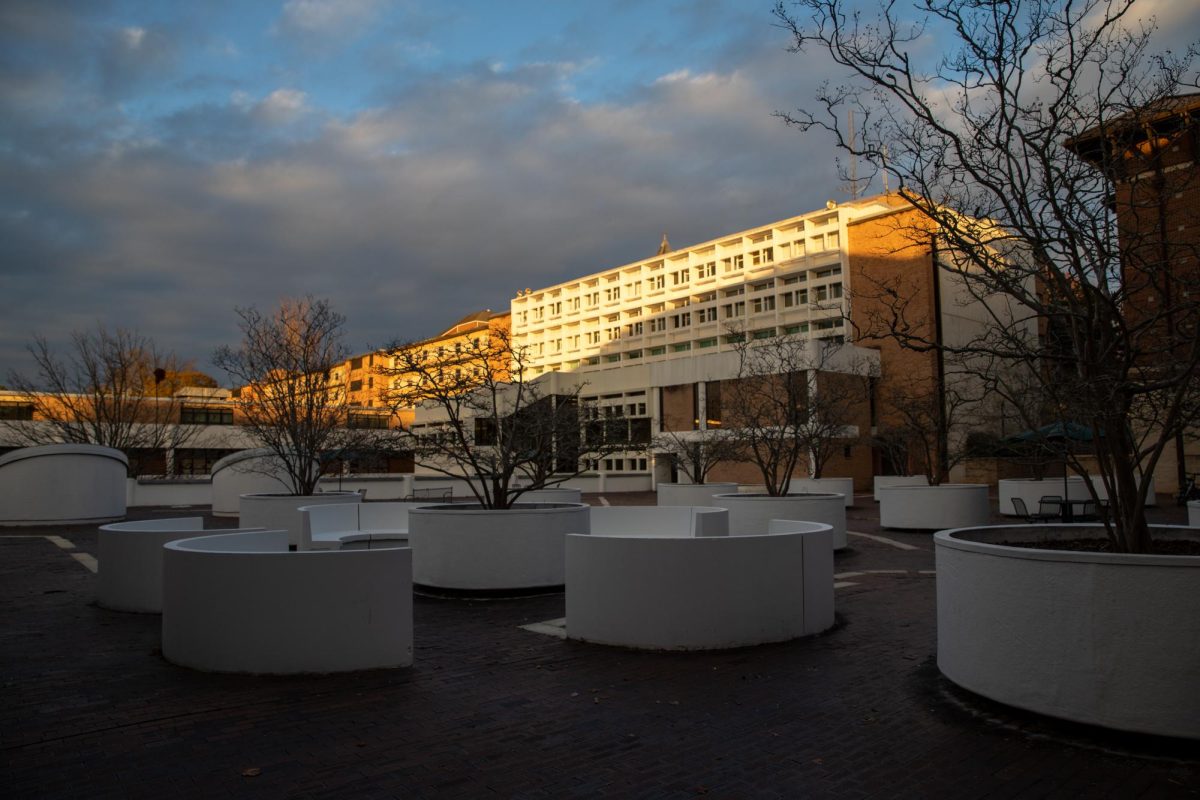

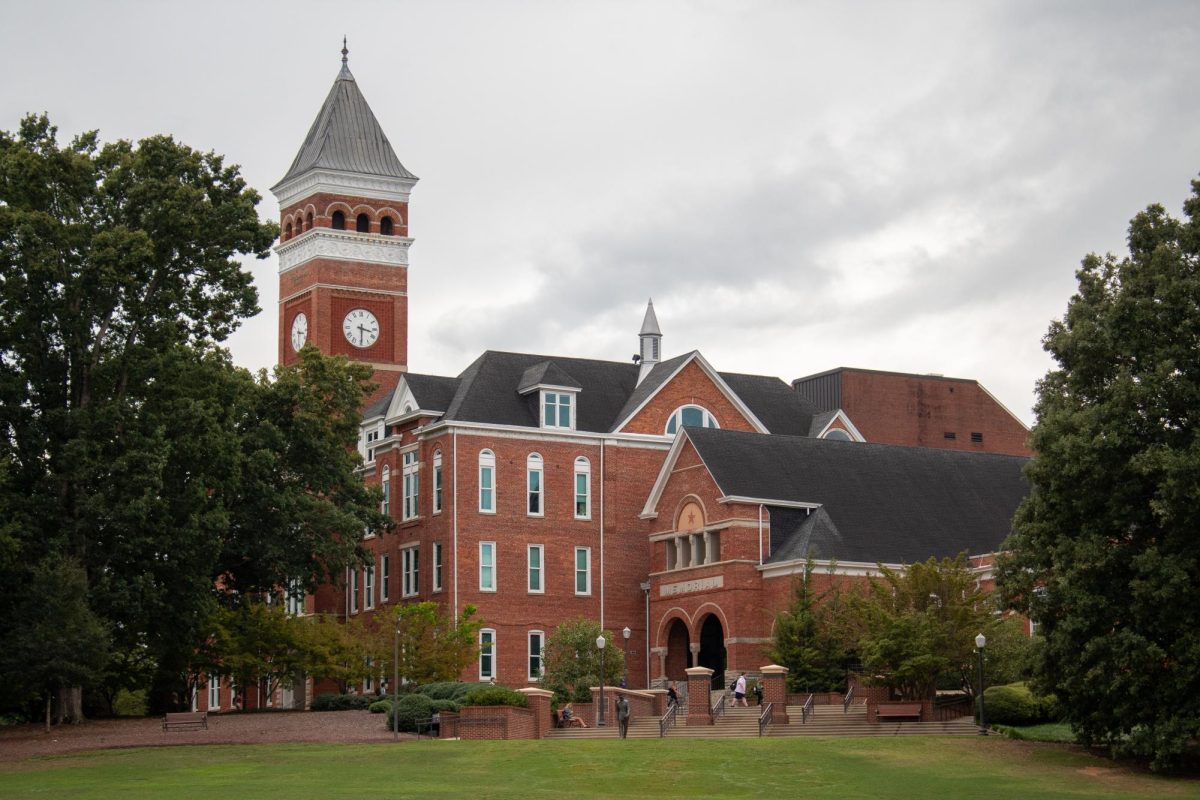


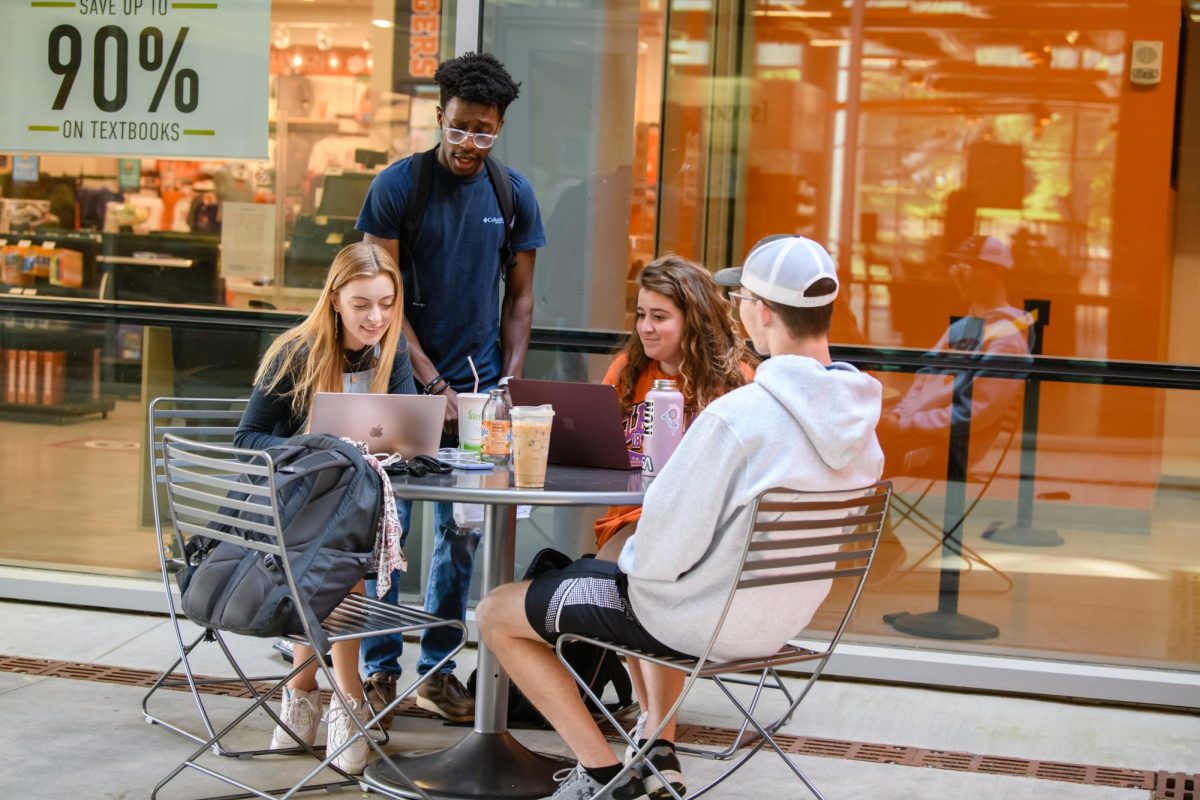
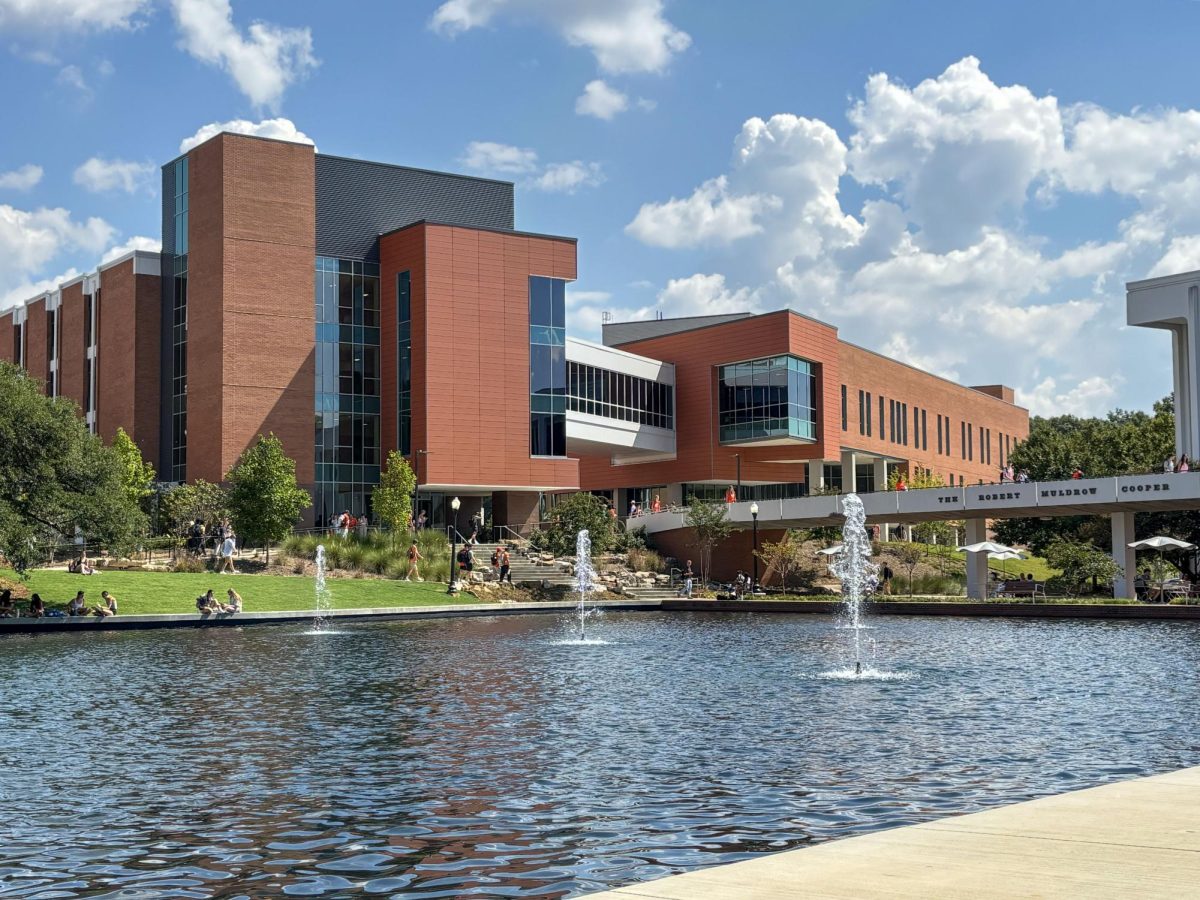
BringBack24/7CooperLib • Apr 8, 2025 at 6:18 pm
Finally! 24/7 Cooper Library was amazing. I was a student before and after the pandemic. The post-pandemic library closing hours were incredibly difficult for me as a STEM major who studies in the middle of the night. Once the library closed my studying was really hindered because my roommates were so loud all night long I could barely get anything done.
Yash • Apr 4, 2025 at 9:58 pm
I completely agree with all of this. When I was a student at Clemson, I really wished that the Cooper Library were open 24/7. I sometimes wanted to study late nights on Friday and come back early on Saturday morning. But they’d close early on Friday evening and open up late on Saturday.